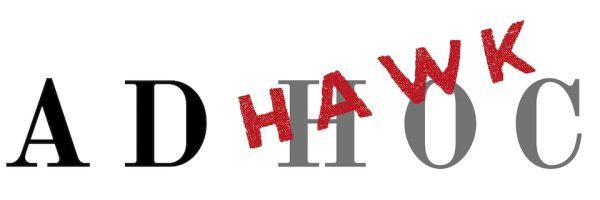
Even before the start of Israel’s genocidal war, there were decades of student activism calling for U.S. divestment from Israeli occupation and apartheid. The Boycott, Divestment, Sanctions (BDS) movement is a nonviolent way of pressure, modeled on the boycott that helped end South Africa’s apartheid. After the start of the latest nightmare in Gaza and the U.S. government’s unconditional military and diplomatic support for it, the demands of BDS grew.
Students called for universities to stop being complicit in Israel’s crimes. The recently-released film “The Encampments” offers a peek into their beautiful courage. Unfortunately, because there is a Palestine exception to free speech well-ingrained in our education and power structures, administrators unleashed police force, arrested, imprisoned, suspended and even expelled some students and faculty simply for their solidarity with Palestinians.
As Sarah Leah-Whitson, executive director of Democracy for the Arab World Now, has noted, the suppression of speech critical of Israel’s genocide is not only present in America but also across the Western world. Similarly, Massachusetts Institute of Technology Professor Michel DeGraff asks: “When Israeli leaders claim that ‘only the horses are uninvolved’ and describe all Gazans—even children who allegedly ‘brought it upon themselves’—as legitimate targets, and U.S. politicians repeat these talking points … who really benefits from the suppression of speech on Palestine?”
Recently, ICE started arresting people lawfully present in the country for protesting for Palestine. An extremist pro-Israel group, Betar US, boasted that they’ve given names of hundreds of people to the Trump administration for deportation and posted on X (formerly Twitter) March 10 that they “expect naturalised citizens to start being picked up within the month.” Additionally, Secretary of State Marco Rubio, who is ordering the deportations and visa revocations, and Rep. Elise Stefanik, who led a crackdown against universities last year for allowing the student protests, have ties with AIPAC, a major Israeli lobby.
Despite all the repression, many people, including many Jewish faculty and students, continue to speak up. Can they — or any of us — make a change? Independent journalist Sam Husseini suggests that we should simply do our moral obligation. When you plant a seed, are you the one who makes it grow?
Isra Yazicioglu, Ph.D., is an associate professor of theology and religious studies.








































